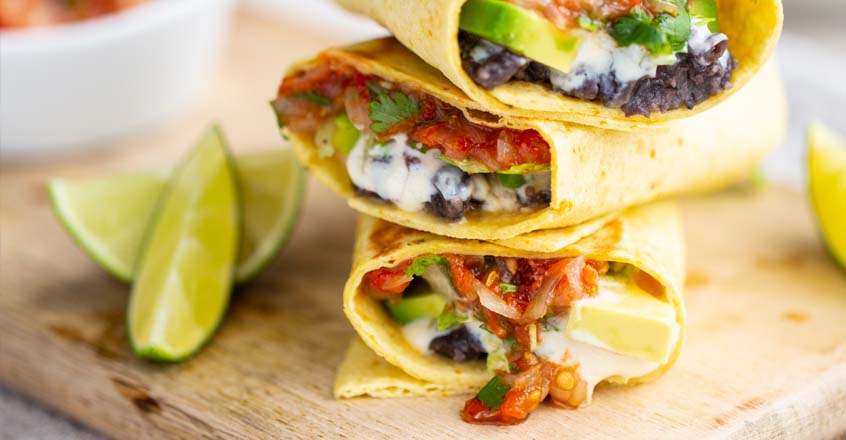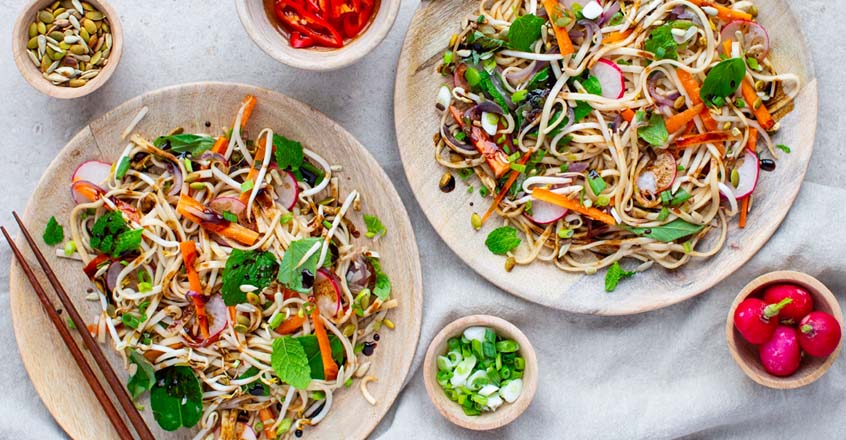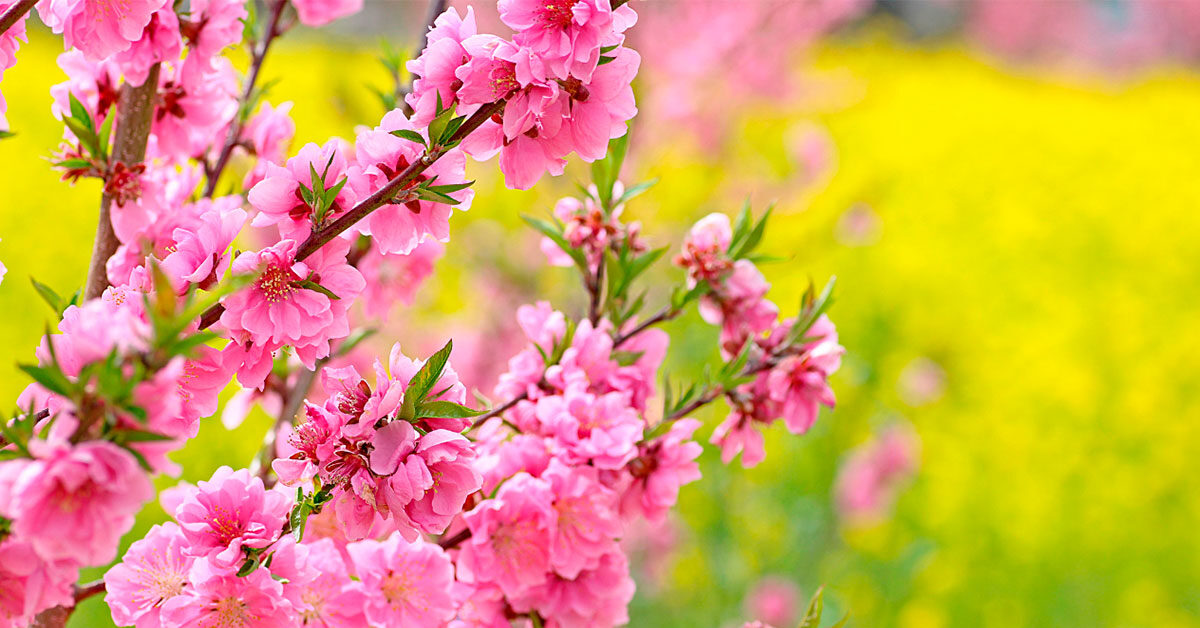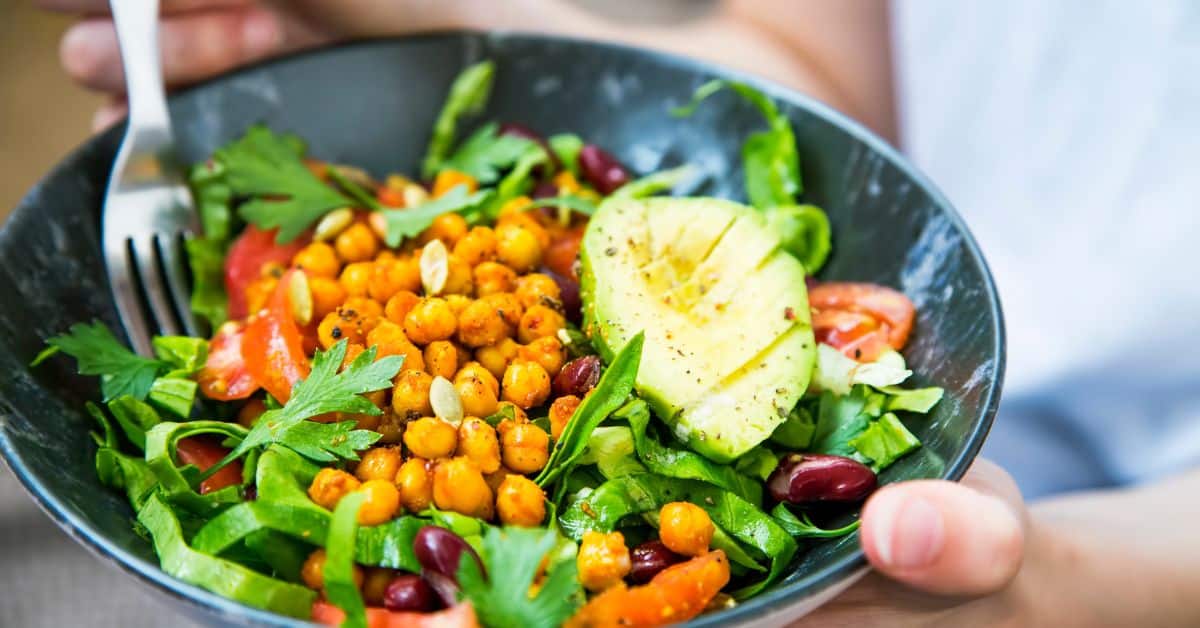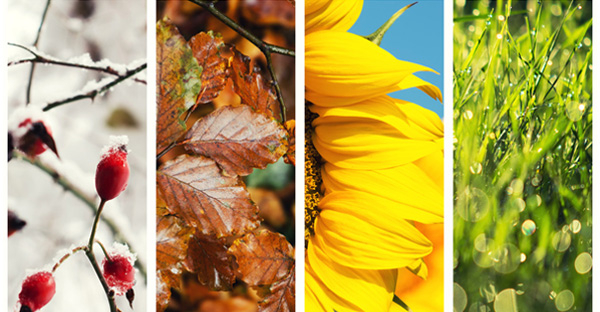
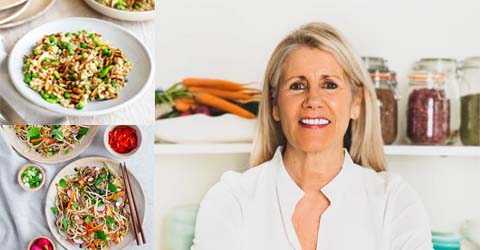
The following is an excerpt from Go Vegan: A Guide to Delicious, Everyday Food – for the Health of Your Family and the Planet (2019, Lotus Publishing) by Marlene Watson-Tara, foreword By T. Colin Campbell, PhD.
“This book deserves to be on the shelves of all connoisseurs and chefs of good food. Enjoy!” – T. Colin Campbell, PhD
It’s Not Difficult To Be Vegan
In our combined ninety years’ teaching, Bill and I have high hopes we can all come together and make a better world, a healthy vegan world where humans and non-humans alike live in harmony. Success can only be achieved through education, understanding and, ultimately, action. Let’s face it, back in the time of Copernicus, most would have thought it impossible if you said that you were going to convince everyone that the Earth revolved around the Sun, rather than the other way around, but it did eventually happen! So, the past teaches us to have hope for the future.
Going vegan is simply a choice you make. Many people waste a lot of energy pondering this as if it were a complex issue, but the only difficulty lies in making the decision – it’s easy. Remove all the animal-sourced foods and replace with delicious plant-based foods – the choice is yours. You can do it right now. It may take you a while to locate your best food sources and become comfortable with your new way of eating, but it’s worth it.
When we reflect deeply on our relationship with the outer world, our environment, we realise that we are never independent of its influences. Food is the link between the inside and the outside world. Our Human Ecology Diet is abundant in every vitamin and mineral required for good health, vitality and longevity.
Rethinking Protein
Protein is a subject that always comes up when discussing veganism. When you think of the biggest animals on the planet – elephants, giraffes, buffalo – these are huge mammals; they don’t eat meat, so where do they get their protein? They eat what grows out of the ground and that is where they get their protein; it’s as simple as that. We have all been sold a mythology that only animals have protein, without asking where they got it from. Plants are the source of all protein. There are many foods in the plant kingdom that are especially rich in protein. All the legume family – anything that grows in a pod, lentils, beans and chickpeas – and whole grains are full of protein, and many vegetables are rich in protein too.
Plants are high-energy foods, and it’s good to note that an increasing number of athletes are switching to a vegan diet. Recent winners of long-distance events like triathlons, marathons and bicycle events are eating a vegan diet. These athletes recognise that they get injured less often, recover more quickly and have more stamina when they eat a diverse plant-based diet.
Animal meat is not required to build muscle or bone. This is a myth that is based on limited and biased science generated by the livestock and dairy industries.
Many years ago, I was listening to a webinar by Dr John McDougall and it reminded me of some of the things I learned as a twelve-year-old working at the veg, fruit, grain and bean shop. Here I am fifty years later, having so many of these same lessons gaining notice. It is mentors such as Dr McDougall, Dr Barnard and Dr T. Colin Campbell who brought these simple truths to light again. Here are just some of these gems:
- Vegetables are easy to grow – any gardener can grow potatoes, carrots, greens, etc. – and they are inexpensive; rice and beans are also inexpensive (especially when you buy in bulk).
- Animal meat is not required to build muscle or bone. This is a myth that is based on limited and biased science generated by the livestock and dairy industries.
- Plants are lower on the food chain, so the environmental pollutants that are so prevalent in our food are in lower concentrations in plant-based foods. Animals are fed food grown with pesticides, herbicides and chemical fertilisers, and drinking water exposed to industrial pollution. These contaminants are stored in the fatty tissue (including the milk) of the animal. They can concentrate 1,000-fold as they go up the food chain. This concentration of toxic products affects all animals on land or at sea.
- Plants are environmentally friendly. You can grow 17 times more nutritional energy on a piece of land if you grow vegetables than you can if you raise animals for food. The difference between growing potatoes and raising beef is 100-fold.
- We are all living on a planet that is food-stressed. There is a real risk of food shortages and security. We need to grow more healthy food. There are close to one billion people (our brothers and sisters) starving to death, while nearly one billion people are eating themselves to death.
- 85% of non-communicable diseases are related to the modern high-fat, high-calorie diet that is low in nutritional density.
- Vegetables don’t grow microbes that are pathogenic to people. They don’t grow E. coli; they don’t grow mad cow disease; they don’t grow listeria. If a vegetable or grain does have a contaminant on it, then it originated from an animal. Animal faeces are a major agricultural pollutant.
- Vegetables taste amazing. Sweet potatoes, fresh corn on the cob, rice, and so on, are full of natural sugars and a broad range of taste without any added sauces.
- Vegetables store well – you can dry and store rice, beans and grains in a cool place for years. Tubers, roots and cabbages can last months and retain their nutritional vitality.
- Wholefoods (not processed junk food) are great foods for weight loss. Remember, they are low in fat.
- Everything that breathes wants to live – killing animals for our pleasure must stop. Please Go Vegan and love all of life is my message, and has been for decades.
Making the Change
Don’t make a shift to a healthy vegan diet be a trauma (or a drama). You are already eating vegetables, grains, fruits and maybe even beans in your diet. You are simply removing the animal-sourced foods and the simple sugar. Your body will thank you. The key is diversity.
People around you may be amused or even skeptical about your new choices. Don’t worry – when they see that it can be done, and that you are happy with the results, they will become more interested (or not). Don’t expect everyone to support you; simply stick to your plan. Some people recommend that slowly introducing the new way of eating is the best. Everyone has to choose their approach for themselves, but our experience is different.
We always suggest that our clients and students make a commitment to adhere to their new eating plan for at least a three-week period to start. There are practical reasons for this.
As you change your diet you will find that your tastes change. When you remove some of the foods you are used to you may miss them for a short time – but remember your reasons for change. You will find that your new way of cooking opens up a different appreciation of plant-based foods. We call this period ‘creating a new normal’, and making veganism the new normal is my mission, so stay with me on this.
Changing our food habits is usually an eye-opening experience. How you feel, your energy levels and your food satisfaction will all improve. When you feel great on your new approach to eating why would you want to change? Simply make sure that your food is tasty, and your meals include a diversity of grains, beans and vegetables. The recipes you find in the following chapters will serve you well. I use an array of plant foods that are whole and natural and prepared with just the right mix of condiments, fresh and dried herbs, and mild spices to create robust, satisfying and delicious flavours.
Copyright 2025 Center for Nutrition Studies. All rights reserved.
Deepen Your Knowledge With Our
Plant-Based Nutrition
Certificate
Plant-Based Nutrition Certificate
- 23,000+ students
- 100% online, learn at your own pace
- No prerequisites
- Continuing education credits


